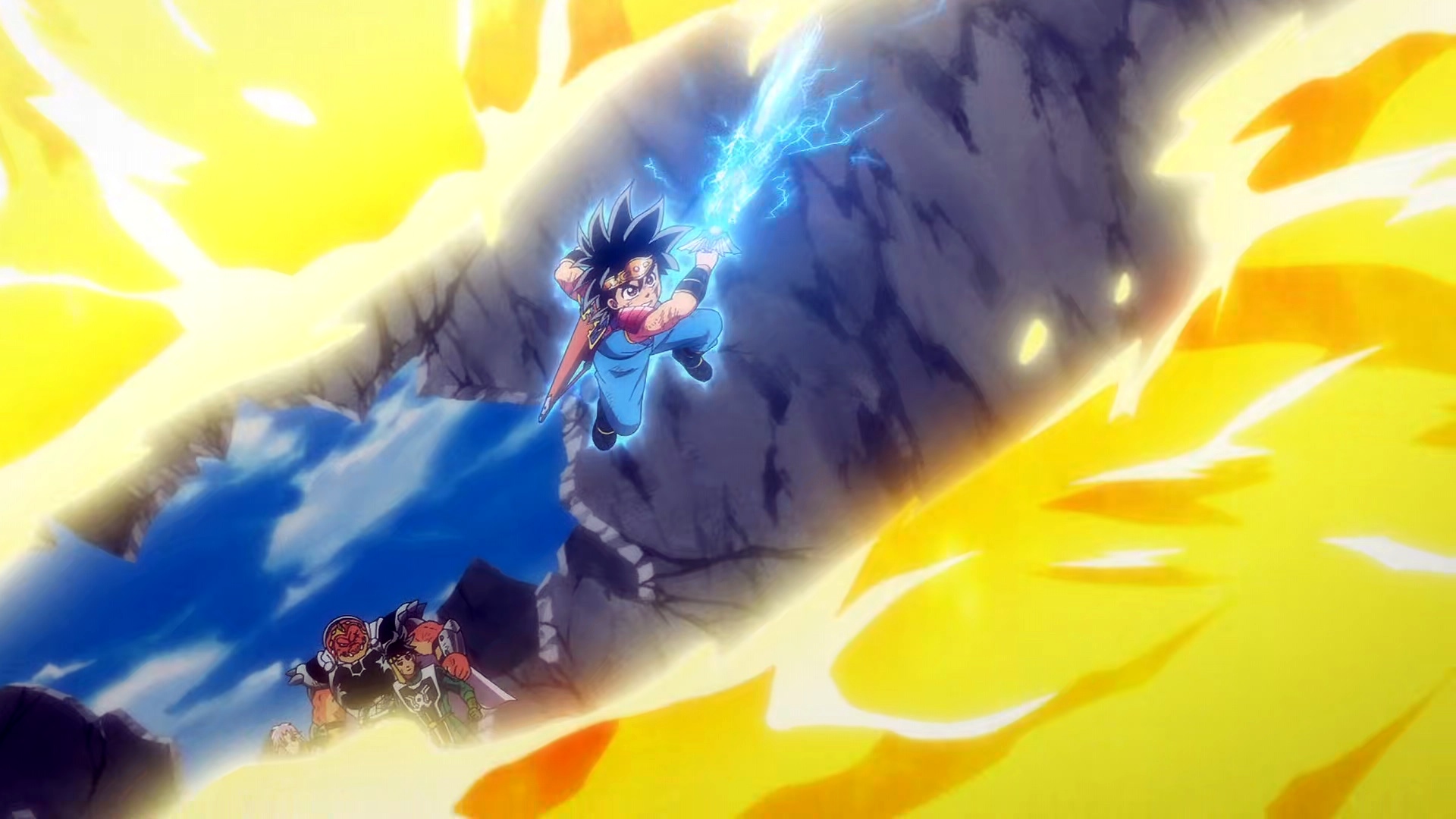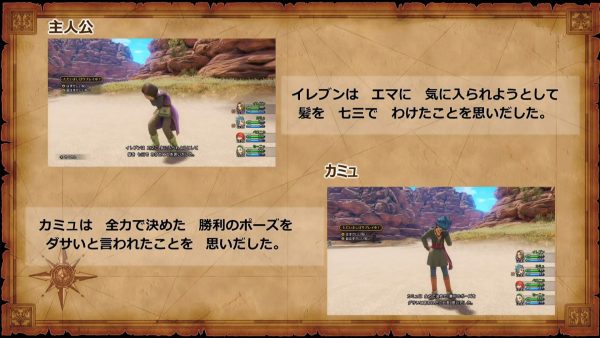
The ceasefire was also signed with other breakaway factions and groups between 20. The National Socialist Council of Nagalim (NSCN-IM), the biggest Naga insurgent group is in ceasefire since 1997 and their cadres are lodged in designated camps near Dimapur. The AFSPA, 1958 is in force parallel to the ceasefire and dialogue going on with insurgent groups in Assam, Nagaland and Manipur. They can also search a house or arrest a person without a warrant. Under the Act, security forces can use force or even open fire after giving a warning if they feel the person is in contravention of the law. The Armed Forces (Jammu and Kashmir) Special Powers Act, 1990, is in force in J&K, another insurgency-hit region. The AFSPA is in force now in Assam, Nagaland, Manipur, the Tirap, Changlang and Longding districts (bordering Myanmar) of Arunachal Pradesh and the areas falling under eight police stations of the state bordering Assam. “Northeast India has become killing fields since the AFSPA was first imposed.” It was because of killing of 10 youths allegedly by Assam Rifles personnel at Malom, Irom Sharmila had started her hunger strike in 2000. She mentioned about Heirangoithong massacre in 1984 and Malom carnage in 2000 that led to public anger against the AFSPA. The killings at Oting, human rights activist Binalakshmi Nepram said, brought back trauma of many other “massacres” that happened since the AFSPA was imposed in 1958.

“I just hope the Act is repealed, so that there is no more bloodshed of innocent civilians.”

“Even our people feel insecure in the presence of the armed forces,” he said. The gruesome incidents like the one in Oting reminds us that we are not far from what was back in the 1950s and the succeeding decades of conflict,” Venuh told DH.Īccording to him, life under the shadow of AFSPA in Nagaland continues to be difficult even after the ceasefire. “But I don’t see much difference from what had occurred in the past. Venuh, who now lives in the Nagaland capital Kohima heard about the “horrors of militarisation” from his elders. Twenty-six-year-old Vetilo Venuh, a post-graduate in peace and conflict studies from Tata Institute of Social Sciences (TISS), Guwahati, grew up in the post-ceasefire (1997) years. But the cry for repeal of the AFSPA has, perhaps, become louder after the Oting incident with even Nagaland Cabinet writing to the Centre seeking its repeal.Īlso read: Naga peace process: Misplaced optimism? Killings, arrests, detention and house search by security forces by using the powers given under the AFSPA even at night in the name of counter-insurgency are not new in the region troubled by insurgency for long. Rio was more blunt on December 9 when he said the killings at Oting village was “misuse and abuse” of the AFSPA and it was “violative of human rights.” The two CMs made the demand amid the outrage and anger Oting killings triggered among all, from student bodies to insurgent groups and community organisations across Northeast and elsewhere. His Meghalaya counterpart, Conrad K Sangma, too put his weight behind Rio saying the AFSPA should be repealed to avoid similar killings. A country like India should have no place for such a draconian law,” Nagaland CM Neiphiu Rio told reporters as he joined the funeral of the victims.

First: army was quick in admitting that the killings and its aftermath was “deeply regrettable.” Secondly, two chief ministers (Nagaland and Meghalaya), both heading government with the ruling party (BJP) as ally, bluntly hit at the `root of such killings’: the Armed Forces (Special Powers) Act, 1958 (AFSPA).

The killing of 13 civilians at Oting village in Nagaland’s Mon district on December 4 was followed by two rare instances in Northeast’s long tryst with counter-insurgency operations.


 0 kommentar(er)
0 kommentar(er)
